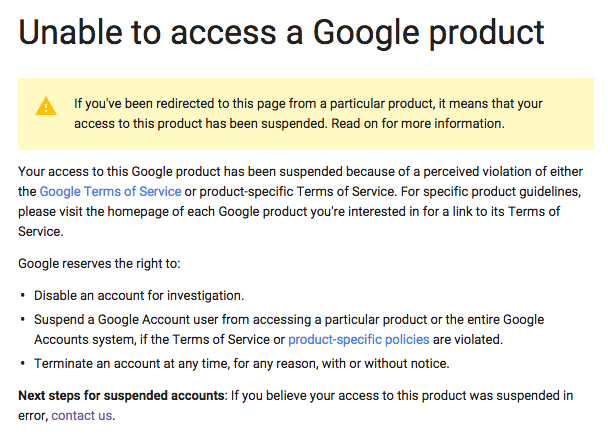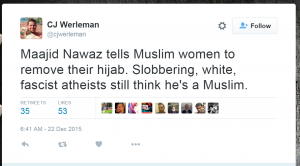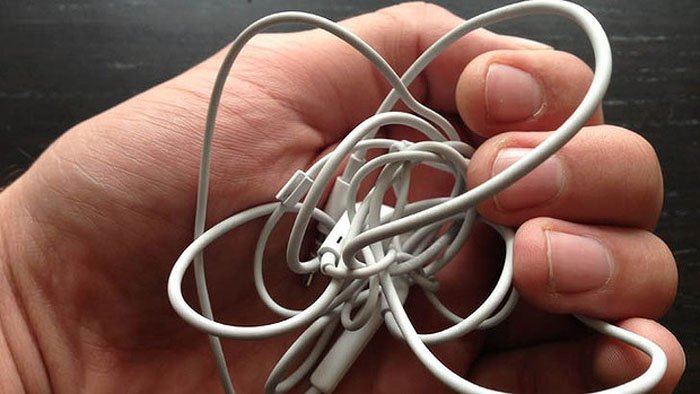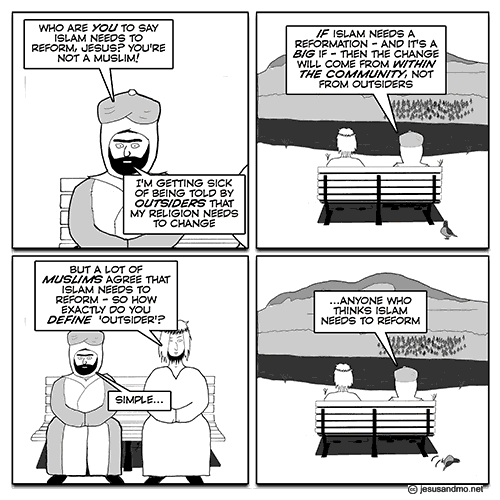A pop culture site drew up a list of most controversial tv show episodes. Coming in at number 2 is the one in which Maude (of Maude) had an abortion. It aired in November 1972.
If you think abortion is a touchy subject in pop culture now, imagine a TV show dedicating a two-part episode to it before the Roe v. Wade decision even came down. That’s exactly what the series Maude did in 1972 when it tackled abortion head-on in an episode where Maude discovers that at the age of 47, she’s pregnant. Throwing typical sitcom gags and quips out the window, this episode deals with the problem in a real world way, explaining the pros and cons of the decision, and letting us as viewers see how something like this can affect a person’s life.
In the end, Maude gets the abortion, but the subject is never treated as an easy decision for laughs. This is a serious matter, and the show did its best to highlight a woman’s right for a national audience. Despite its good intentions, the episode sparked a firestorm of controversy, especially within religious circles. Seeing the importance of such an episode, CBS regularly showed “Maude’s Dilemma” in reruns during summer hiatuses.
The Chicago Tribune did a piece on the episode twenty years on.
Twenty years later, it is doubtful a similar show could be broadcast on network TV.
In 1972, the word “abortion” was used exactly twice on “Maude`s Dilemma” – once on each show. Nowadays the “a” word has practically been purged from the prime-time vocabulary and is heard almost exclusively on talk shows and some daytime soaps.
A handful of programs- “Hill Street Blues,” “St. Elsewhere,” “Cagney and Lacey” -have tackled the issue, but for the most part, a major character`s having an abortion is not even considered an option on network programming.
These days, prime-time pregnancies usually result in a false alarm (a 1990 episode of “Roseanne”); a decision to have a baby, followed by a tear- drenched recitation of a previous abortion (a 1985 episode of “Cagney and Lacey”); or an affirmation of the right to choose even while deciding to have the baby (“thirtysomething” and this year`s controversial episode of “Murphy Brown”).
And why’s that? Money. Controversy—>money.
The reasons for this are twofold: the presence of organized pressure groups threatening to boycott the products of advertisers who sponsor shows they disapprove of, and the economic concerns of the networks, threatened by competition from cable TV and home video. These factors lead many people to believe that “Maude`s Dilemma” would not make it onto today`s TV schedules. “You automatically think, ‘Of course it could be done today, look what we did 20 years ago,'” said Susan Harris, who wrote the “Maude” abortion shows. “But we have a very interesting (political) climate today, with the influence of the religious Right. The economy is different today, and the networks would feel less likely that they could take a stand.”
Susan Harris. You know who Susan Harris is? She’s the creator and head writer of a slew of classic sitcoms, and besides that?
She has a son named Sam.
Ironic, isn’t it.







